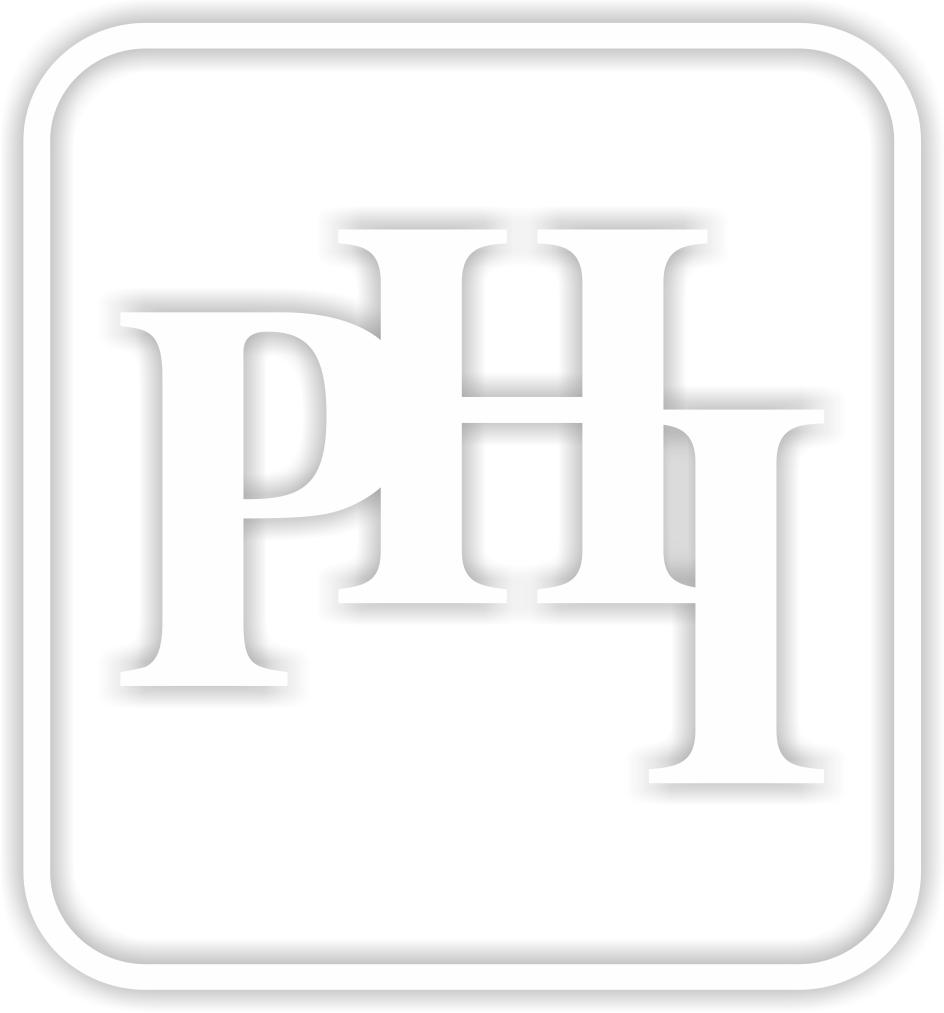We all know what Marketing Management is — but is it the same as Rural Marketing?
Rural marketing involves strategies to identify, reach, and serve consumers in rural areas by tailoring market research and promotion to their unique needs.
Arguably, Rural Marketing is completely different! Unlike urban marketing, which leverages data to analyze customer behavior and preferences, rural marketing requires a nuanced understanding of socio-economic conditions, cultural values, and infrastructural challenges specific to rural areas.
Marketing in rural contexts involves distinct considerations in pricing strategies and distribution channels. Rural marketers are faced with challenges unique to rural areas such as inadequate transportation facilities and limited financial resources among rural consumers.
For example, rural consumer behavior can be very distinct from the field of consumer behavior, as we know it.
In rural communities, local leaders and traditions play a significant role in shaping consumer behavior, making it crucial for marketing strategies to incorporate and respect these dynamics. For instance, while urban marketing may rely more on digital platforms, rural marketing often benefits from traditional media like radio and local influencers.
The Significance of Rural Marketing in India
India’s rural market holds immense potential, with approximately 65% of its population residing in rural areas. This demography presents a lucrative opportunity for businesses due to increasing incomes and rising aspirations among rural consumers. The rural youth population, in particular, is open to new products and technologies, making them a valuable target for marketers.
Rural marketers should harbor the unique value of cultural sensitivity in order to appropriately harness this opportunity.
For example, good rural marketers understand the opportunity of product customization in such areas. Products that reflect local tastes, needs, and cultural nuances can significantly enhance appeal and acceptance.
PHI Learning’s text “Rural Marketing and Management – Gupta et al” explains such considerations in detail. It helps students understand the key concepts which could lead to innovative ideas like using local languages and symbols in packaging to boost product attractiveness.
Additionally, it explains in detail the processes involved in navigating challenges such as poor infrastructure—like inadequate road access or unreliable electricity—can give brands that address these issues a competitive edge.
Here’s another key difference between rural and urban marketing that will make you wonder how you never saw it this way before: Marketing channels are a huge factor when it comes to the difference between urban and rural areas. While urban consumers prefer digital interactions, rural consumers rely more on traditional media.
To leverage traditional media as a strategic move to reach rural consumers, Hindustan Unilever famously used rural radio shows, Godrej used mobile vans for direct interaction, and Tata Motors promoted the Tata Ace through local trade shows and community demonstrations.
PHI Learning’s book also covers some of the above cases like Hindustan Unilever to provide practical, real-world examples to support its theory.
Alignment with NEP 2020
PHI Learning’s publication “Rural Marketing and Management” by Gupta et al. is aligned with the National Education Policy (NEP) 2020, which aims to transform India’s educational landscape by promoting multidisciplinary learning, critical thinking, and practical applications.
Comprehensive Coverage: The book provides an in-depth exploration of rural marketing and management, including consumer behavior, trends, and government initiatives. This aligns with NEP’s emphasis on a holistic educational approach.
Practical Insights: Through case studies and real-life examples, the book offers practical lessons and hands-on learning, reflecting NEP’s focus on experiential education.
Innovation Focus: It includes chapters on Rural Digital Marketing, E-commerce, and Rural Entrepreneurship, preparing students for the evolving rural market landscape and supporting NEP’s vision of fostering creativity and innovation.
By equipping students with the knowledge and tools to excel in rural markets, “Rural Marketing and Management” serves as a valuable resource for MBA (Marketing), PG Diploma in Rural Marketing/Development, B.Com/M.Com, and B.Tech students, aligning with NEP’s goals of interdisciplinary and application-based education.
